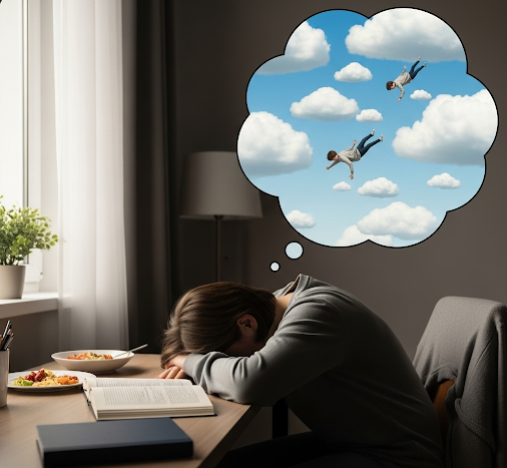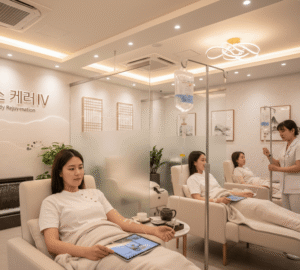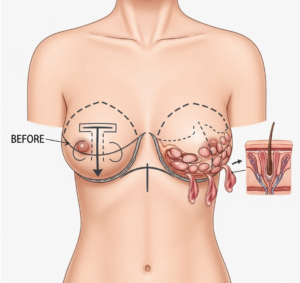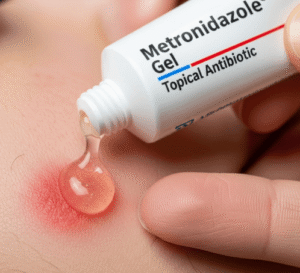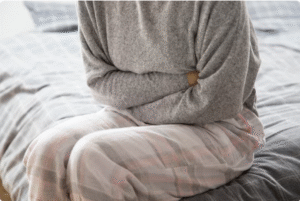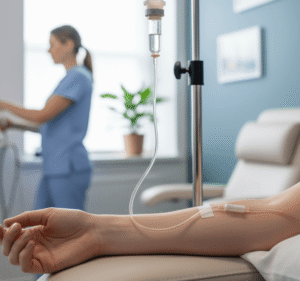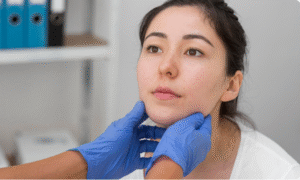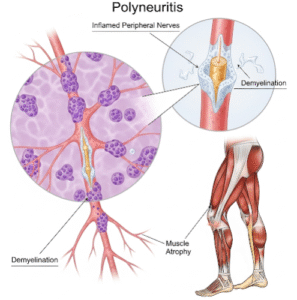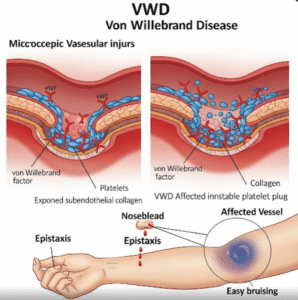Overview
Idiopathic Hypersomnia (IH) is a rare neurological sleep disorder characterized by excessive daytime sleepiness despite having adequate or even prolonged nighttime sleep. People with IH often have difficulty waking up, experience sleep inertia (feeling groggy and disoriented upon waking), and may take long naps that are not refreshing. In Korea, specialized sleep clinics and neurology departments offer advanced diagnostic tests and treatment plans to help patients manage this chronic condition and improve quality of life.
What is Idiopathic Hypersomnia?
Idiopathic Hypersomnia is classified as a central disorder of hypersomnolence, meaning the excessive sleepiness originates from the brain rather than external causes such as poor sleep habits or other medical conditions. The term “idiopathic” indicates that the exact cause is unknown. Unlike narcolepsy, IH is not typically associated with sudden muscle weakness (cataplexy) or rapid-onset REM sleep.
Symptoms
- Persistent excessive daytime sleepiness (EDS)
- Sleeping more than 10–11 hours at night
- Difficulty waking up (sleep inertia)
- Unrefreshing naps
- Mental fog, memory problems, and difficulty concentrating
- Irritability and mood changes
- Nocturnal sleep that is usually deep and uninterrupted
Causes
The exact cause is unknown, but possible contributing factors include:
- Abnormal regulation of the brain’s sleep–wake cycles
- Overproduction or abnormal processing of sleep-promoting substances in the brain
- Genetic predisposition
Risk Factors
- Family history of hypersomnia
- Age (often begins in adolescence or young adulthood)
- Possible link to autoimmune or neurological factors
Complications
- Impaired job or academic performance
- Increased risk of accidents (especially while driving)
- Depression or anxiety due to chronic fatigue
- Social withdrawal and relationship difficulties
Prevention
As the cause is unknown, there is no specific prevention. However:
- Maintaining consistent sleep schedules
- Avoiding sedatives or alcohol that may worsen sleepiness
- Early evaluation by a sleep specialist if symptoms appear
Treatment Options in Korea
Diagnosis
- Polysomnography (Overnight Sleep Study) – Measures brain activity, breathing, heart rate, and movements during sleep
- Multiple Sleep Latency Test (MSLT) – Determines how quickly a person falls asleep during the day
- Epworth Sleepiness Scale – Questionnaire to assess severity of daytime sleepiness
- Blood tests to rule out metabolic or hormonal causes
Medical Treatments
- Wake-Promoting Agents – Modafinil, armodafinil to improve alertness
- Stimulants – Methylphenidate, amphetamine derivatives for severe cases
- Sodium Oxybate – May be considered in select patients to improve sleep quality
- Off-label medications – Such as pitolisant in cases resistant to standard therapy
Surgical or Advanced Therapies
- No surgical treatment exists for IH
- Research into neurostimulation therapies is ongoing but not yet widely available in Korea
Rehabilitation and Support
- Lifestyle counseling to improve sleep hygiene
- Cognitive-behavioral therapy (CBT) to manage mental health impact
- Workplace or school accommodations to reduce fatigue burden
- Support groups for patients with hypersomnia disorders
Top Hospitals or Clinics in Korea
- Seoul National University Hospital – Sleep Center – Equipped with advanced polysomnography and MSLT testing
- Samsung Medical Center – Neurology & Sleep Disorders Clinic – Offers comprehensive treatment and monitoring programs
- Asan Medical Center – Sleep Medicine Department – Specialized in central hypersomnolence disorders
- Yonsei Severance Hospital – Sleep Clinic – Multidisciplinary approach including neurology, psychiatry, and pulmonary medicine

